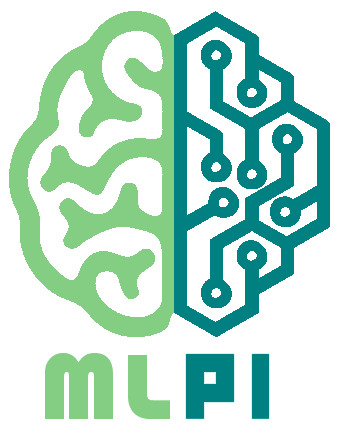

Machine Learning (ML) gives to computer systems the ability to automatically learn from experience, rather than being explicitly programmed with domain modeling. ML focuses on developing algorithms that progressively improve their accuracy by mining statistical patterns from available data and process instances. The ML methods require professionals designing a number of stages of data/process life cycle, such as data collection from heterogeneous sources, data preparation, feature selection and engineering, data/process model selection, training/optimization, evaluation, hyper parameter tuning. Information quality principles are applied at almost every step of data/process engineering. An ML system can be effective for complex problems characterized by uncertainty and variability, but it can be difficult to interpret and debug. This lack of focus on productivity significantly limits the number of ML systems. Indeed, many problems affecting ML software in its lifecycle are not sufficiently addressed by ML researchers, traditionally focused on creating algorithms.
To give higher emphasis to the enterprise context, recent advances in process modeling languages are producing a shift from “data-aware” to “process-aware” intelligent systems. A Process Intelligence (PI) system analyzes a business process or operational workflow, performs a data-driven modeling of a company/organization, with its abstractions and interfaces, its metrics, such as productivity, interpretability, robustness, adaptability, scalability, maintenance costs, modularity, with respect to problem complexity and human actors involved. PI is an essential approach for setting up, simulating, performing, monitoring tasks supported by ML algorithms, with goals such as improved productivity, reduced costs, increased agility, streamlined coordination between all actors of the organization’s process.
